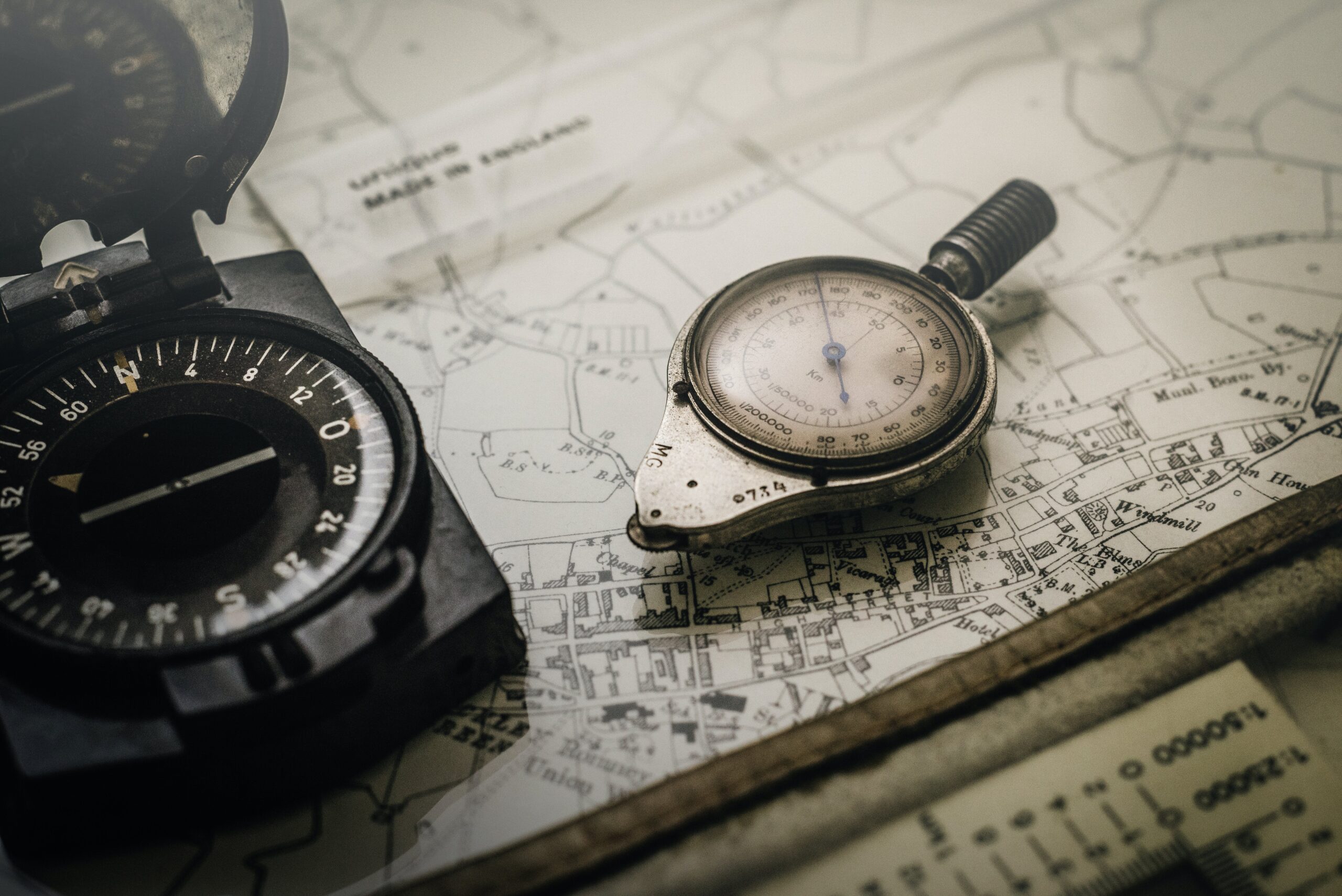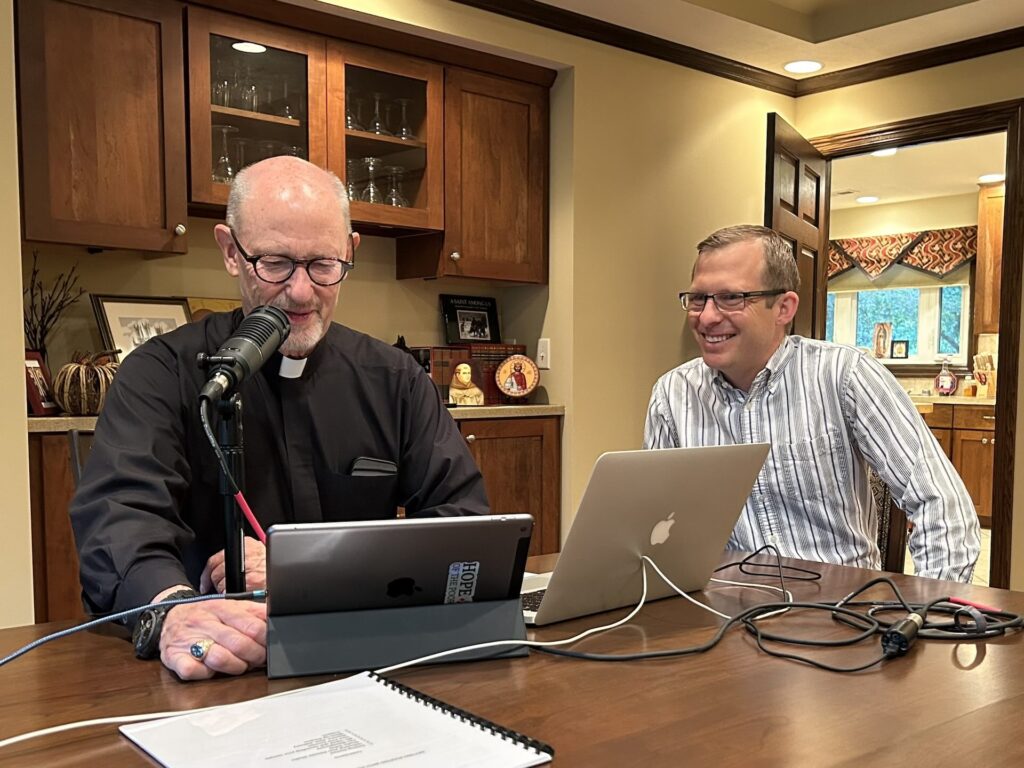First of all, you might wonder why you should pray a holy hour. The famous philosopher, Blaise Pascal, once said there was nothing we fear more than silence. We try to fill all our time with noise or distraction. Yet silence directed to God is what we need most.
The disciplines of this exercise call us to spend at least 20 minutes of our holy hour in silence. You might think that you’ll go crazy with that much silence, but we can grow in our ability to meditate and contemplate in prayer through regular practice. It will get easier! God speaks to us regularly, although he does so only in the still and small voice of silence, as the Prophet Elijah discovered. As we make time for God, investing it in him, we give him time to work within us and change us. Our daily holy hour will be a battle, however, one that is more epic and more consequential than any ascetical practice.
What do we have to fight in this battle? All the things we have to do will come back to us, including our anxieties and fears, making us think we’re wasting our time. Or, we might just sit there and not know what to do, falling into boredom. Alternatively, we might try to fill our silent time with constant reading and devotion, crowding out true silence. The key to maintaining a holy hour and growing in the ability to pray comes with fostering our capacity for attention on God and building our ability to listen to him speaking within us.
This does not happen in a vacuum but as part of a conversation, often called lectio divina (divine reading). Lectio divina begins by giving God the first word and listening to his voice speaking to us as we read Scripture. This is followed by meditation, our reception of the Word through our thoughts, and the application of what we’re reading to our lives. We then move to our own prayer: our response to God based on our meditation, sharing with him what is on our minds and hearts. Finally, we are drawn into the gift of a silent encounter with God in contemplation, a meeting and embrace of God in love.
So that this loving conversation can happen, here is one way of structuring your holy hour.
How to Pray a Holy Hour
Opening Prayer: Begin by placing yourself in the presence of God. Greet him with verbal prayer, giving him praise and asking for his mercy.
Intercession: Pray for your own deliverance, for your family, your fraternity, the Church, and any other prayers you may have. These intentions can shape your holy hour by bringing your needs and desires before the Lord.
Spiritual Reading: This will begin with your daily St. Michael’s Lent scripture and reflection. Make sure to spend time unpacking and applying what you are reading in your meditation.
Silent Prayer: This is time dedicated to dialogue with the Lord. Bring before him whatever is on your mind and heart. This will often be fueled by questions from the day’s reflection and your intercession. Honestly share with the Lord your thoughts and concerns. Then, and most importantly, give the Lord the space to respond and yourself the silence to listen. The core of our prayer is simply being with the Lord, sharing ourselves with him, and receiving his life in us.
Resolution: What inspiration have you gained from your time of prayer? Has the Lord directed you to do something in particular or to make any changes in your life? It helps to form a concrete resolution following your prayer.
Thanksgiving: Finally, make a prayer of praise and thanksgiving before the Lord, thanking him, especially for the graces given during your holy hour. Consistent acknowledgment of God’s gifts and graces brings a greater sense of appreciation and joy into life. Ask the Lord to remain with you and to guide you in all that you do.





